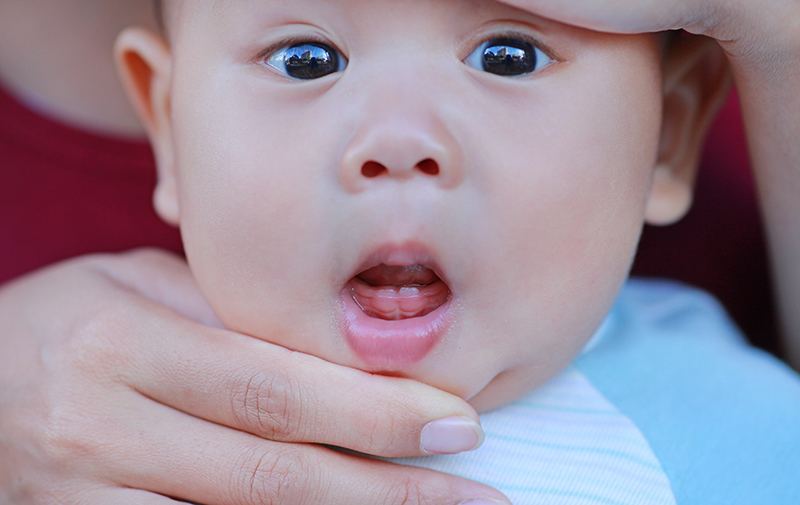 Source: bing.com
Source: bing.comTable of Contents
Introduction
As parents, we all know that babies are a precious gift from God. We love their cute little faces, their tiny hands and feet, and we cannot resist their smiles. But did you know that babies’ teeth also develop in stages? It is important to understand how babies’ teeth develop to help ensure their oral health in the future. In this article, we will discuss everything you need to know about How Babies Teeth Develop.
How Babies Teeth Develop
The development of babies’ teeth starts before they are even born. At around six weeks gestation, tooth buds appear in the baby’s gums. These tooth buds will continue to grow and develop until they are ready to emerge from the gums. The first teeth to emerge are usually the lower front teeth, also known as the central incisors. This usually happens between six and ten months of age.After the central incisors, the upper front teeth (central incisors) usually emerge. This usually happens between eight and twelve months of age. After that, the lateral incisors (the teeth next to the central incisors) usually emerge. This usually happens between nine and thirteen months of age. The first molars usually emerge next, between thirteen and nineteen months of age, followed by the canines (the pointed teeth next to the lateral incisors) between sixteen and twenty-two months of age, and finally the second molars between twenty-five and thirty-three months of age.
Caring for Your Baby’s Teeth
It is important to start caring for your baby’s teeth as soon as they emerge. Even before your baby’s teeth emerge, you should clean their gums with a soft, damp cloth. Once their teeth emerge, use a small, soft-bristled toothbrush and a pea-sized amount of toothpaste to gently brush their teeth twice a day. You should also schedule regular check-ups with your baby’s pediatric dentist to ensure that their teeth are developing properly and to receive guidance on caring for their teeth.
What to Expect During Teething
Teething can be a painful and uncomfortable process for babies. Symptoms of teething may include fussiness, drooling, biting, and difficulty sleeping. To help alleviate your baby’s discomfort during teething, you can try giving them a cool teething ring or a wet washcloth to chew on. You can also rub their gums gently with a clean finger or apply a teething gel as directed by your pediatrician.
Preventing Tooth Decay in Babies
Tooth decay can occur in babies as soon as their teeth emerge. To prevent tooth decay, avoid giving your baby sugary drinks such as juice or soda, and avoid putting them to bed with a bottle of milk or formula. Also, do not dip pacifiers in honey or other sugary substances. Instead, give your baby water or breast milk and encourage them to use a sippy cup as they get older.
Conclusion
In conclusion, understanding How Babies Teeth Develop is an important step in ensuring your baby’s oral health. Knowing what to expect during the teething process and how to care for your baby’s teeth can help prevent tooth decay and other dental problems. Remember to schedule regular check-ups with your baby’s pediatric dentist and to practice good oral hygiene habits at home.
Frequently Asked Questions about How Babies Teeth Develop
Q: When do babies’ teeth start to develop?
A: Babies’ teeth start to develop at around six weeks gestation.
Q: What are the stages of teeth development in babies?
A: The stages of teeth development in babies are: central incisors, upper front teeth, lateral incisors, first molars, canines, and second molars.
Q: How can I care for my baby’s teeth?
A: You can care for your baby’s teeth by cleaning their gums with a soft, damp cloth before their teeth emerge, brushing their teeth twice a day with a soft-bristled toothbrush and a pea-sized amount of toothpaste, and scheduling regular check-ups with their pediatric dentist.
Q: What are the symptoms of teething?
A: The symptoms of teething may include fussiness, drooling, biting, and difficulty sleeping.
Q: How can I prevent tooth decay in my baby?
A: You can prevent tooth decay in your baby by avoiding sugary drinks and putting them to bed with a bottle of milk or formula, and by encouraging them to use a sippy cup as they get older.
